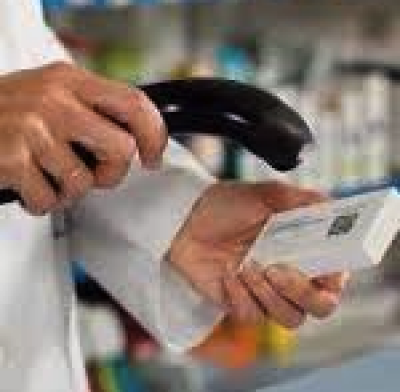According to the draft Decree of the Russian Government "On the experiment on control labeling (identification) signs and monitoring of certain types of drugs for medical use," effective from January 1, 2017, to December 31, 2017, drug producers are proposed to participate in the pilot project for the implementation of drug labeling system. The preliminary application for participation in this experiment has been already submitted by 15 pharmaceutical companies, including ARPM members — "Geropharm", "Stada", "R-Pharm" and "AstraZeneca”, as well as 4 distribution companies.
The project assumes that the marking will be carried out using a DataMatrix label based on a two-dimensional bar code. This method was chosen by the majority of manufacturers, noting its safety, efficacy and economic benefits compared to RFID tags.
“The European pharmaceutical community chose the implementation of the DataMatrix label. Our companies today are guided by the same technological base. We see many risks in using the radioactive labeling. There is still no concrete understanding of how the radioactive particles affect on the liquid environment, these particles go bad with surfaces made of foil, and we have over 50% of medicines that are covered with foil. Also, according to statistics about 3% of labels are not being read well. Therefore, we insist on avoiding radioactive labeling and use the Dara Matrix instead,” said ARPM Director General, Victor Dmitriev in his interview to the RBC Channel.
The necessity to establish a secure electronic signature and technologies of how to place the label on a package were discussed at the working group with representatives from the Roszdravadzor, Centronform and the pharmaceutical community. The majority of participants spoke for DataMatrix labeling of the package itself.
“Individual package labeling of medicines can help manufacturing companies to optimize working capital and create tools for rapid assessment of the effectiveness of marketing campaigns. Also, the State may start treating the industry as a partner, and labeling will help to build a joint system of production planning and providing medicines for the health system. The pilot project is necessary to set and tune up the technological processes and minimization of implementation risks,” said Ivan Glushkov, Deputy director of Stada Cis.
“We clearly understand that the cost of the equipment will easily paid off. We could minimize the costs of marketing research and get the opportunity to track the movement of each package online,” concluded Mr. Dmitriev.

